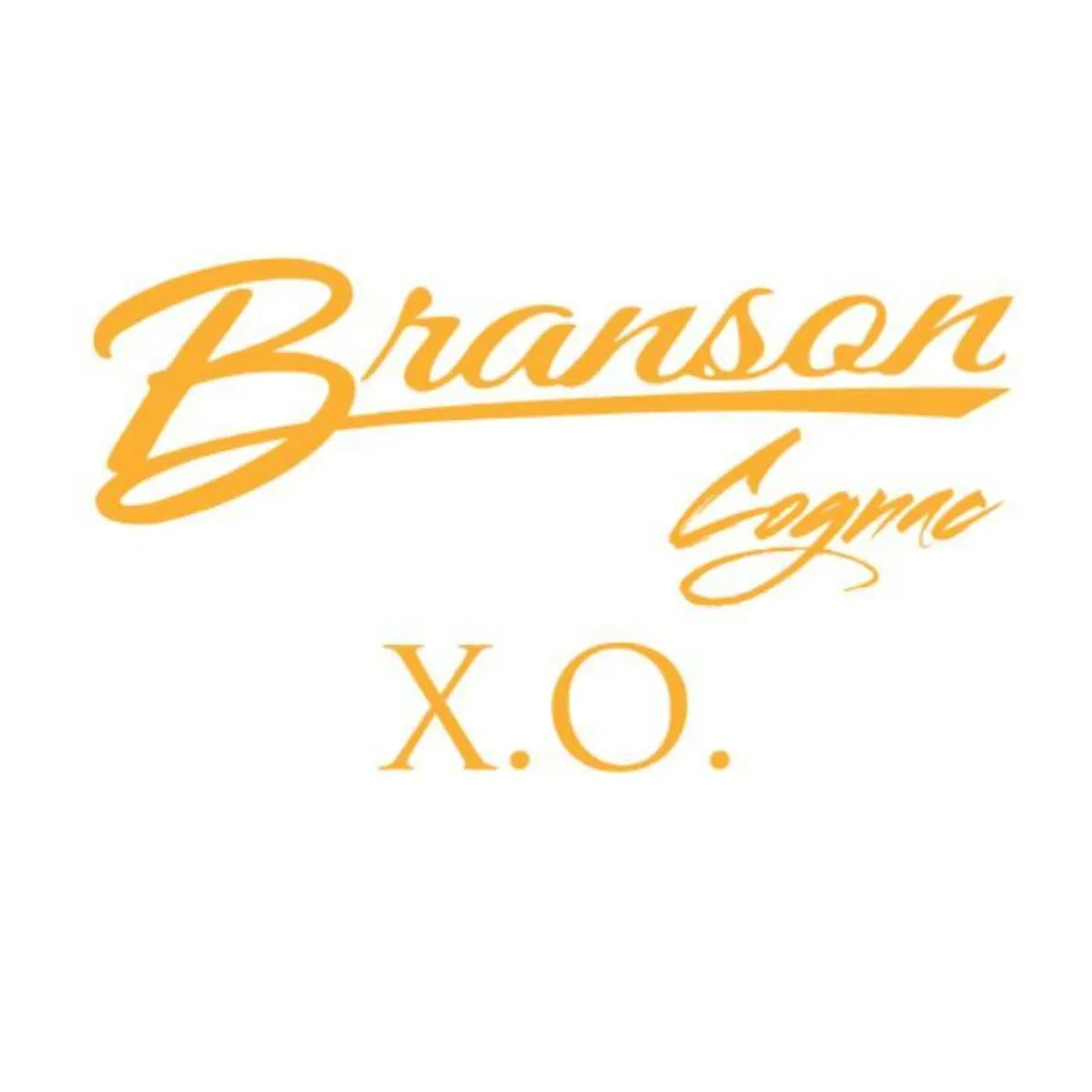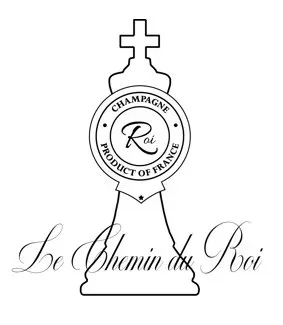Transform Your Spirits Brand with Our Comprehensive Management Solutions
Enhance Customer Engagement, Forge Organic Connections, and Cultivate a Vibrant Brand Community
Looking for our Hospitality or Distillery Systems?
Join a group of motivated brands, portfolios, and agencies using KMS







Why Partner with Us?
Organic Lead Generation: Tap into our sophisticated tools to naturally attract new leads. We help you identify and engage potential customers who are most likely to love your brand, turning organic interest into lasting connections.
Dynamic Customer Engagement: Elevate your engagement strategies with our suite of tools. From personalized marketing campaigns to interactive digital experiences, we provide everything you need to captivate your audience and keep them coming back.
Community Building: At the heart of every successful brand is a thriving community. Our systems empower you to create, nurture, and grow a community of enthusiasts and advocates around your brand, fostering a sense of belonging and loyalty.

Our Promise to You
Working with Us
Expert Coaching
Gain direct access to industry-leading experts who bring decades of experience in hospitality management. Our coaching goes beyond advice, providing you with actionable insights and personalized feedback to help you navigate challenges and capitalize on opportunities. With us, you're not just running your business; you're mastering it.
Integrated Systems
Embrace the power of automation with our cutting-edge systems designed for the unique needs of hospitality businesses. From streamlined reservations and staff scheduling to efficient inventory management, our systems ensure every aspect of your operation is optimized for efficiency and ease of use.
Strategic Guidance
Our strategic frameworks are crafted based on thorough analysis and industry benchmarks. We help you set clear, achievable goals and guide you in crafting a roadmap to success. Whether you're looking to increase revenue, enhance guest satisfaction, or expand your footprint, our strategic guidance lays the foundation for your long-term success.
Comprehensive Support
Never face a challenge alone again. Our support team is available around the clock to ensure you have the help you need whenever you need it. From technical issues to operational queries, we're just a call or click away, ensuring your business continues to run smoothly at all times.
Vibrant Community
Join a community of like-minded operators who are as passionate about hospitality as you are. Share experiences, exchange ideas, and leverage collective wisdom to overcome common industry challenges. Our community events, forums, and workshops are invaluable resources for networking and inspiration.
Scalability
Grow your business with confidence. Our solutions are designed not just for operational efficiency but also for easy scalability. This means whether you're expanding your current location or opening new ones, our tools and expertise scale with your growth, ensuring you maintain quality and consistency no matter the size of your operation.
Sales Systems
Shelf Seller System
Cold Prospecting System
Infinite Lead Nuture
Partner Induction Systems
Sales Oriented Telephony
Marketing Systems
Instagram Keyword System
Viral Giveaway Systems
Event Manager
Comment & DM Systems
Private Communities
Feedback Systems
Interactive Voice Response Systems
Net Promotor Scores
Q12 Surveys
Shift Reporting
About KMS

Jason Littrell - Spirits Industry Expert & Brand Builder
Jason Littrell is a renowned expert in the spirits industry, specializing in brand building, sales strategies, and innovative marketing. With a career spanning over two decades, Jason has a proven track record of transforming emerging spirits brands into market leaders through strategic insight and creative marketing solutions.
As the founder of Kinetic Management Systems, Jason has developed cutting-edge tools and systems designed to enhance brand visibility, streamline marketing efforts, and increase sales. His approach combines deep industry knowledge with a keen understanding of consumer behavior, allowing brands to connect authentically with their audience and build lasting relationships.
Jason's expertise extends beyond marketing. He is a seasoned consultant who advises spirits brands on everything from product development to distribution strategies. His holistic approach ensures that brands not only look good but also perform exceptionally in competitive markets.
A dynamic speaker and educator, Jason frequently presents at industry conferences and workshops, sharing his insights on brand storytelling, digital marketing trends, and sales optimization in the spirits sector. He also contributes to various industry publications, offering thought leadership on how brands can adapt and thrive in changing market landscapes.
Under Jason's leadership, Kinetic Management Systems has become synonymous with success in the spirits industry. The company is known for its client-centered approach, providing customized solutions that drive growth and enhance operational efficiency for distilleries and spirits companies worldwide.

Restaurant Survival Now Depends On These Tech Decisions
The restaurant industry is facing an extinction-level event.
When Hooters abruptly shuttered over 30 company-owned locations across multiple states in May 2025, it wasn't just another casualty in the food service sector. It was a warning signal. The 42-year-old chain had filed for Chapter 11 bankruptcy protection just two months earlier, citing a staggering $376 million in debt, declining sales, and changing consumer behaviors.
They're not alone.
Red Lobster, TGI Fridays, and BurgerFi have all filed for bankruptcy amid difficult market conditions. In fact, nearly 33% of chains in the Technomic Top 500 experienced a net decrease in locations in 2023.
Behind these failures lies a common thread: technological complacency.
While most discussions about restaurant failures focus on menu innovation, labor costs, and changing consumer preferences, the technology infrastructure supporting these operations often remains an afterthought. This oversight has proven fatal.
The Restaurant Tech Stack Crisis
Traditional restaurant technology stacks were designed for stability, not resilience. They were built to handle predictable patterns, not unprecedented disruptions.
Legacy point-of-sale systems. Disconnected inventory management. Analog scheduling tools. Manual accounting processes.
These technological foundations might have sufficed in 2019. They crumbled under pressure in 2023.
The restaurant chains now filing for bankruptcy protection share a common failure: they treated technology as a cost center rather than a strategic asset. They invested in maintaining systems rather than transforming them.
Technology isn't just about efficiency. It's about survival.
The New Restaurant Tech Stack Playbook
Forward-thinking restaurant operators are rebuilding their technology foundations with crisis-proofing as the primary objective. This isn't about chasing trends. It's about creating systems that bend without breaking.
The crisis-proof restaurant tech stack has five essential layers:
1. Flexible POS Architecture
Modern restaurant point-of-sale systems must transcend simple transaction processing. They need to function as the central nervous system of the entire operation.
Crisis-proof POS systems feature:
Cloud-native architecture that enables real-time updates without service interruptions. API-first design that allows seamless integration with both current and future technologies. Device-agnostic interfaces that work across tablets, kiosks, mobile devices, and traditional terminals.
Most importantly, they provide instant visibility into performance metrics that matter during crisis situations: hourly sales velocity, labor cost percentages, and contribution margin by menu item.
2. Intelligent Inventory Systems
Restaurants that survived recent industry upheavals implemented inventory systems that did more than count stock.
Their systems predicted supply chain disruptions before they happened. They automatically adjusted par levels based on sales volatility. They identified alternative suppliers when primary vendors couldn't deliver.
The difference between survival and bankruptcy often came down to having the right ingredients at the right time.
Crisis-proof inventory systems connect directly to vendor databases, enabling real-time price comparisons and automatic substitutions when necessary.
3. Dynamic Labor Management
Labor represents the most significant controllable expense for most restaurants. It's also the most complex to optimize during volatile periods.
Restaurants with crisis-proof tech stacks implement labor management systems that:
Forecast staffing needs based on multiple variables beyond historical patterns. Create flexible scheduling templates that can adapt to sudden changes in business volume. Provide employees with self-service tools to swap shifts, request time off, and communicate with management.
These systems don't just cut costs. They create operational resilience by ensuring the right staff are present when needed most.
4. Omnichannel Revenue Capture
The restaurants that thrived during recent industry disruptions had already built robust systems for capturing revenue beyond their physical locations.
Their technology enabled seamless ordering across first-party websites, branded mobile apps, third-party delivery platforms, and in-store kiosks. They unified these channels into a single view of the customer.
The ability to pivot between revenue streams proved essential when traditional dine-in service became impossible.
Crisis-proof revenue systems maintain direct customer relationships while leveraging third-party platforms for discovery and convenience.
5. Predictive Analytics Layer
The final and perhaps most critical component of a crisis-proof restaurant tech stack is a predictive analytics layer that transforms data into actionable intelligence.
This isn't about generating reports. It's about creating early warning systems.
Advanced restaurant analytics platforms now monitor hundreds of internal and external variables to identify potential problems before they impact operations. They track everything from social media sentiment to weather patterns, from staff turnover rates to competitive pricing changes.
These systems don't just present data. They recommend specific actions based on emerging patterns.
Implementation Roadmap
Building a crisis-proof restaurant tech stack doesn't require scrapping existing systems entirely. It demands a strategic approach to evolution.
Start with an honest technology audit. Identify systems that would fail under pressure. Prioritize replacements based on business impact, not implementation difficulty.
Focus on integration capabilities. New systems should connect seamlessly with both legacy technologies and future additions.
Invest in staff training. Technology transformation fails when employees resist change. Comprehensive training programs that emphasize benefits over features increase adoption rates dramatically.
Measure results religiously. Each technology investment should produce quantifiable improvements in specific operational metrics.
The Cost of Inaction
Restaurant operators often hesitate to invest in technology upgrades during uncertain times. This hesitation represents a fundamental misunderstanding of modern business reality.
The cost of technological complacency now exceeds the cost of transformation.
Hooters and other struggling chains didn't fail because they invested too heavily in technology. They failed because they didn't invest enough, soon enough.
The restaurant industry has entered an era where technology capability directly determines market viability. Those who treat technology as a strategic imperative will survive. Those who don't will join the growing list of familiar brands that no longer exist.
The choice isn't between investing in technology or not. It's between investing now or disappearing later.
Building for Resilience
The restaurant technology landscape continues to evolve at an unprecedented pace. New solutions emerge weekly, each promising to solve critical operational challenges.
Amid this constant change, the fundamental principle remains: technology should create resilience, not just efficiency.
The restaurants that survive the current industry upheaval will be those that build technology stacks capable of adapting to whatever comes next. They'll implement systems designed not just for today's challenges but tomorrow's unknowns.
In an industry defined by thin margins and fierce competition, technology has become the decisive factor between survival and bankruptcy.
The new playbook is clear: build for resilience, invest strategically, and treat technology as the lifeline it has become.
Testimonials

Finibus nunc quis turpis quis leo volutpat idsit amet orci. Etiam nec diam consequat diam suscipit metus.Finibus nunc quis turpis utpat id sit amet orci. Etiam nec diam tincidunt,

Finibus nunc quis turpis quis leo volutpat idsit amet orci. Etiam nec diam consequat diam suscipit metus.Finibus nunc quis turpis utpat id sit amet orci. Etiam nec diam tincidunt,






